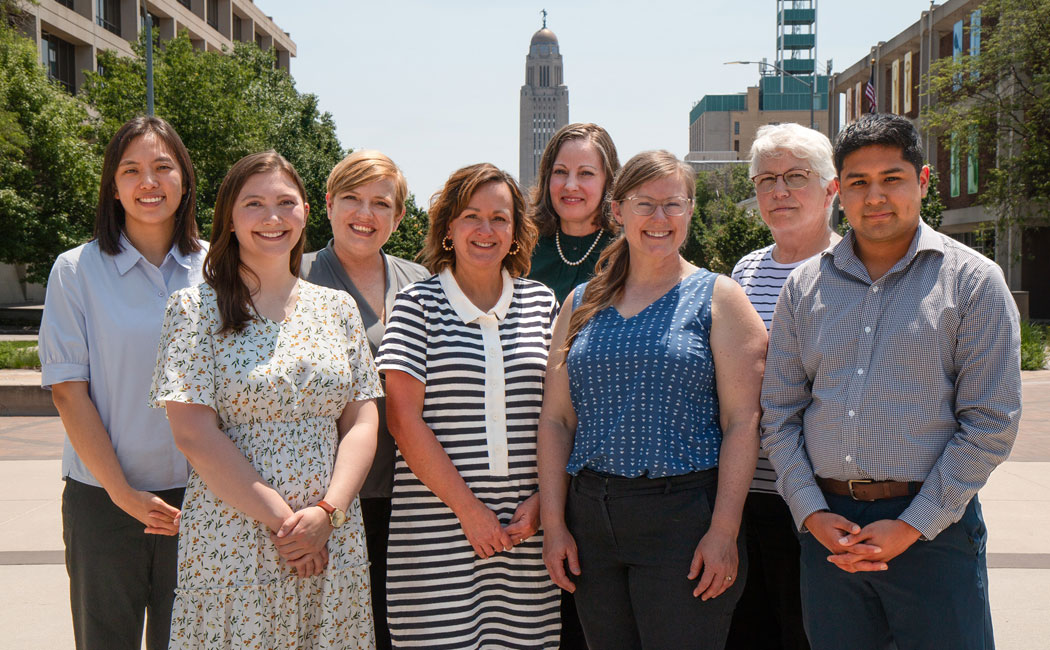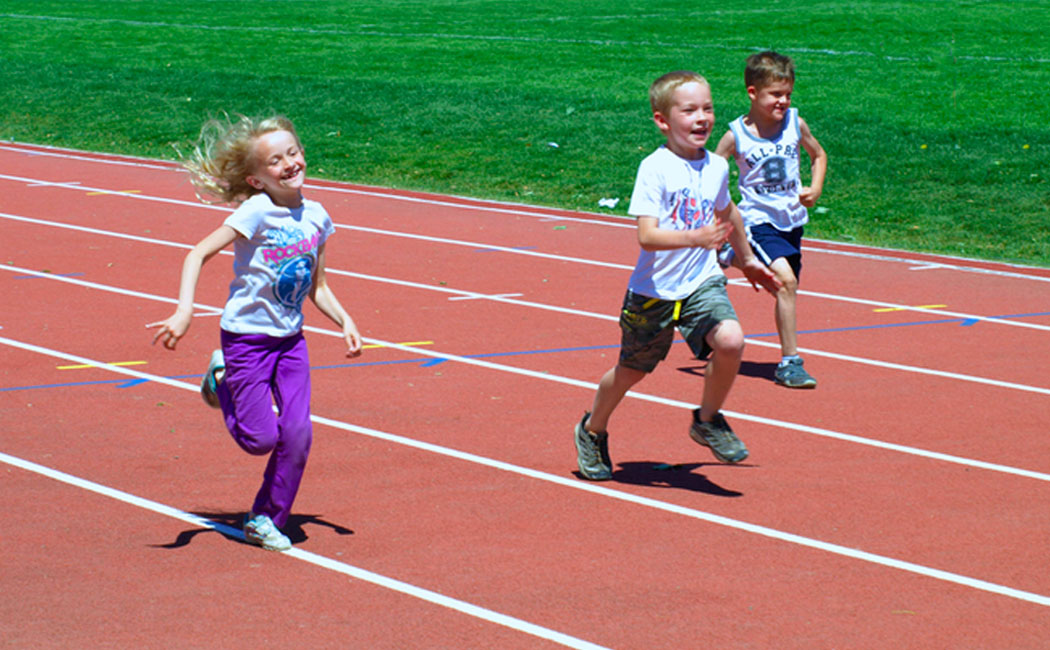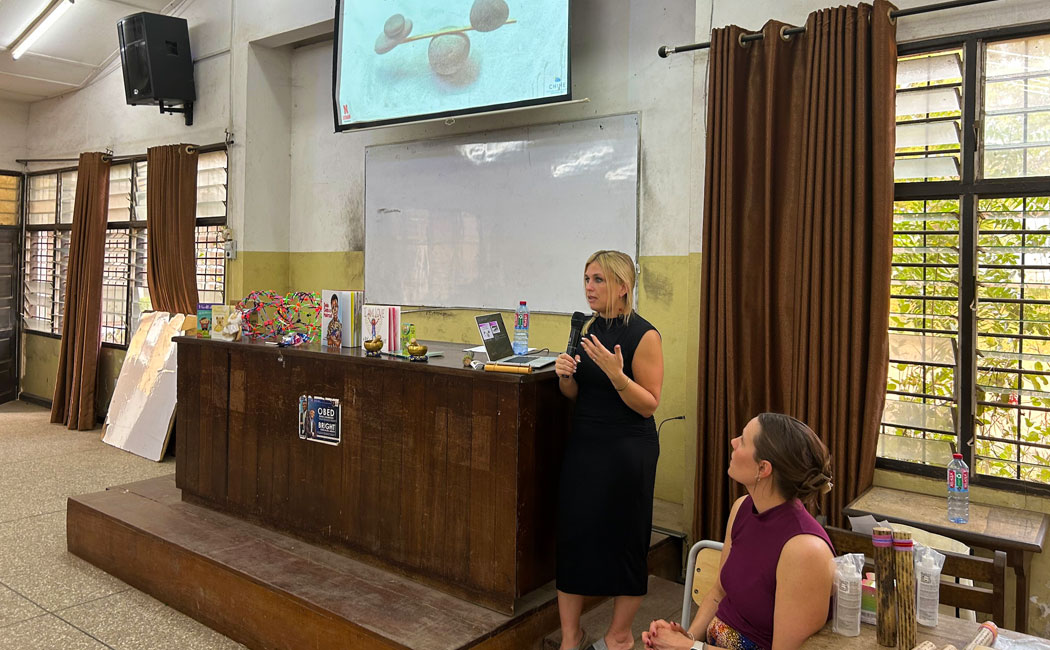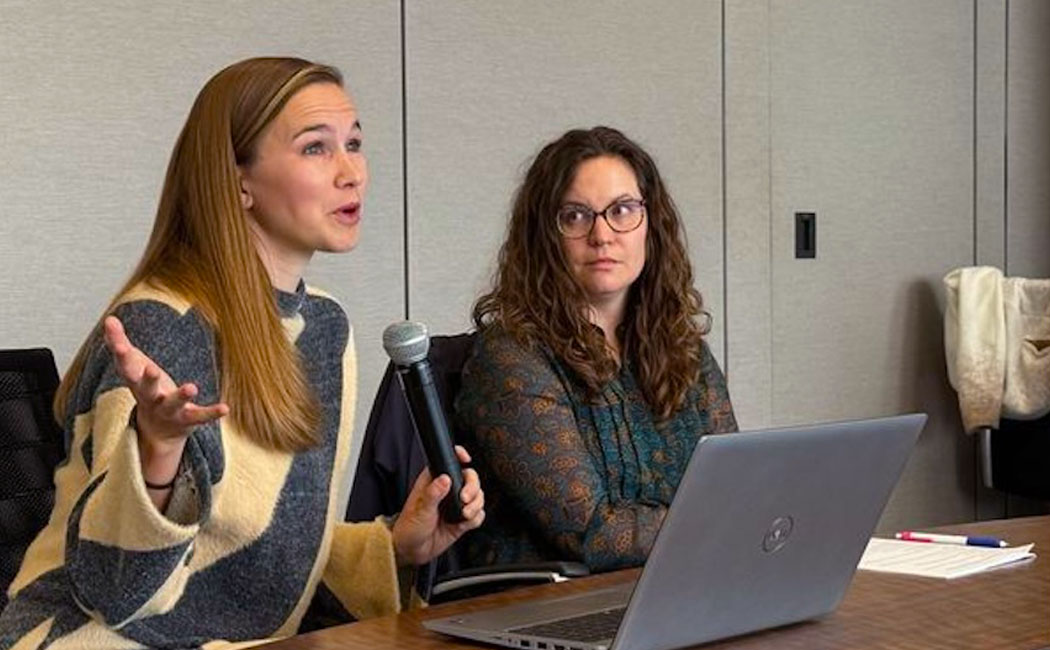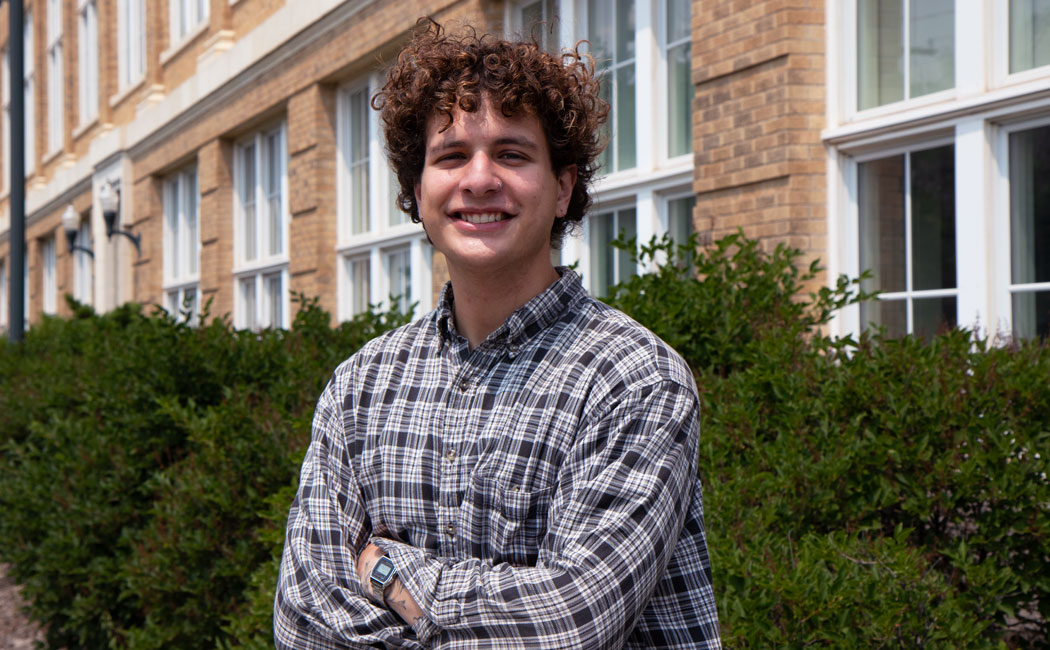
Because bullying often begins and ends at school, teachers are the front line of defense against such behavior.
However, teachers in one country may respond differently than their international counterparts.
Jared Noetzel, doctoral candidate in the school psychology program, is leading a dissertation study on culturally responsive teacher training to prevent bullying in schools.
